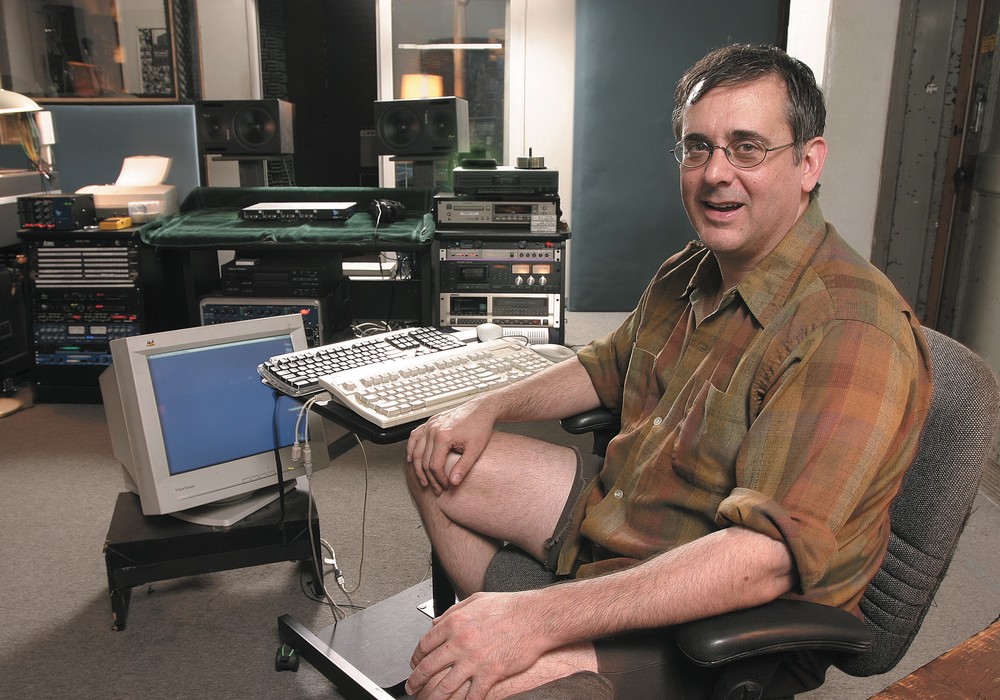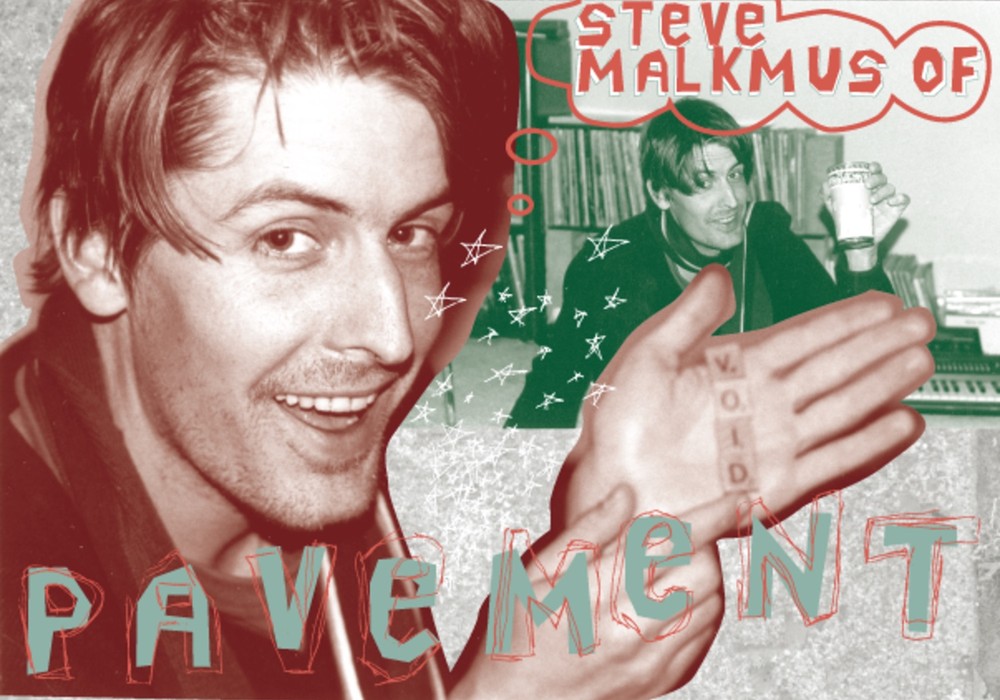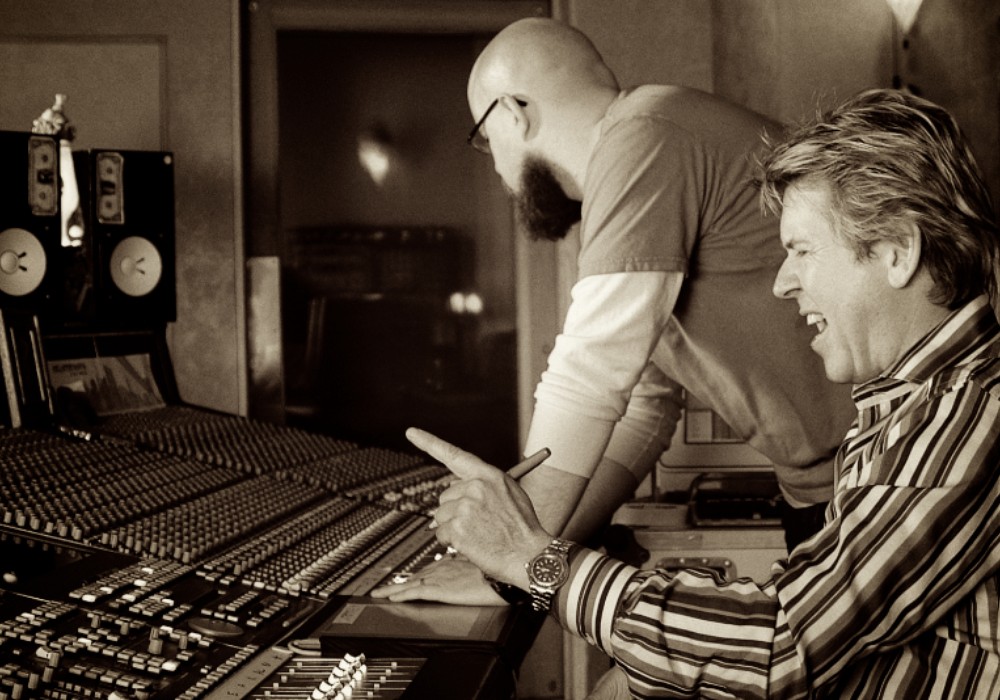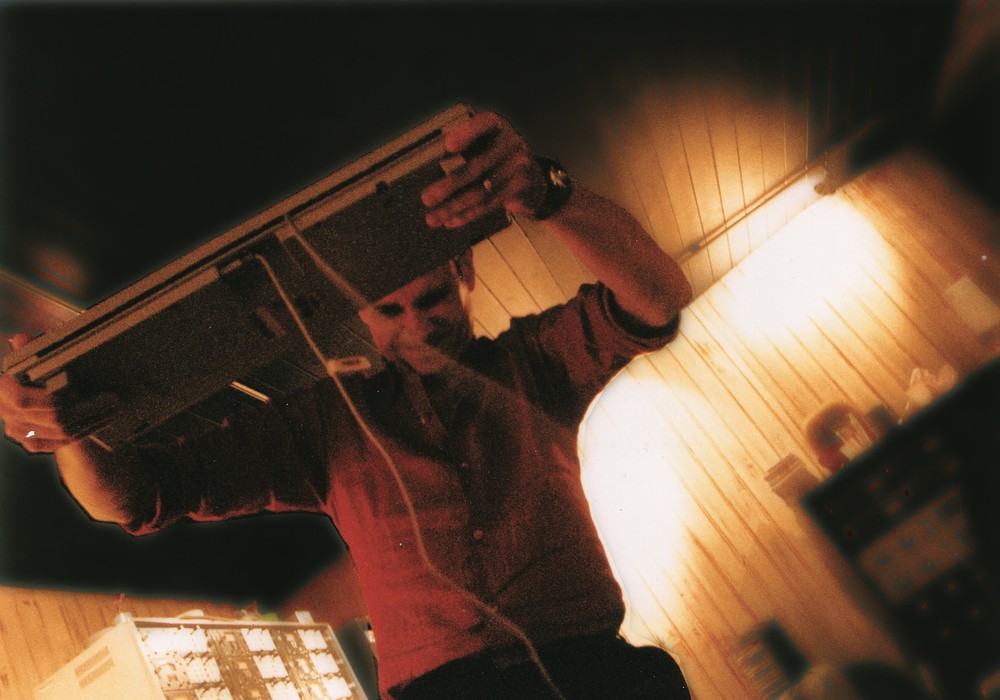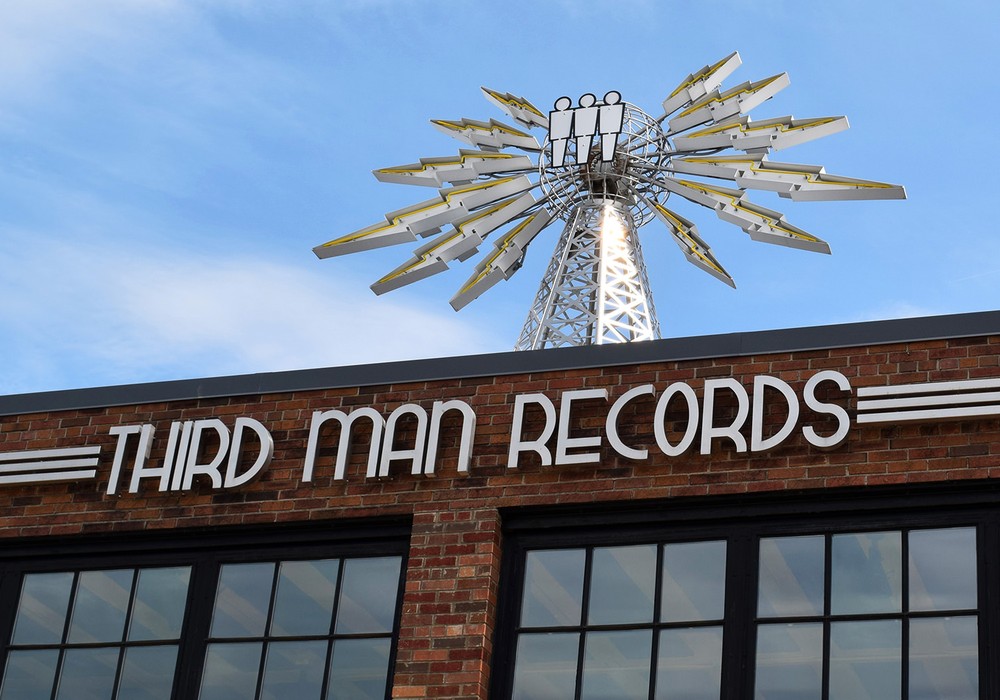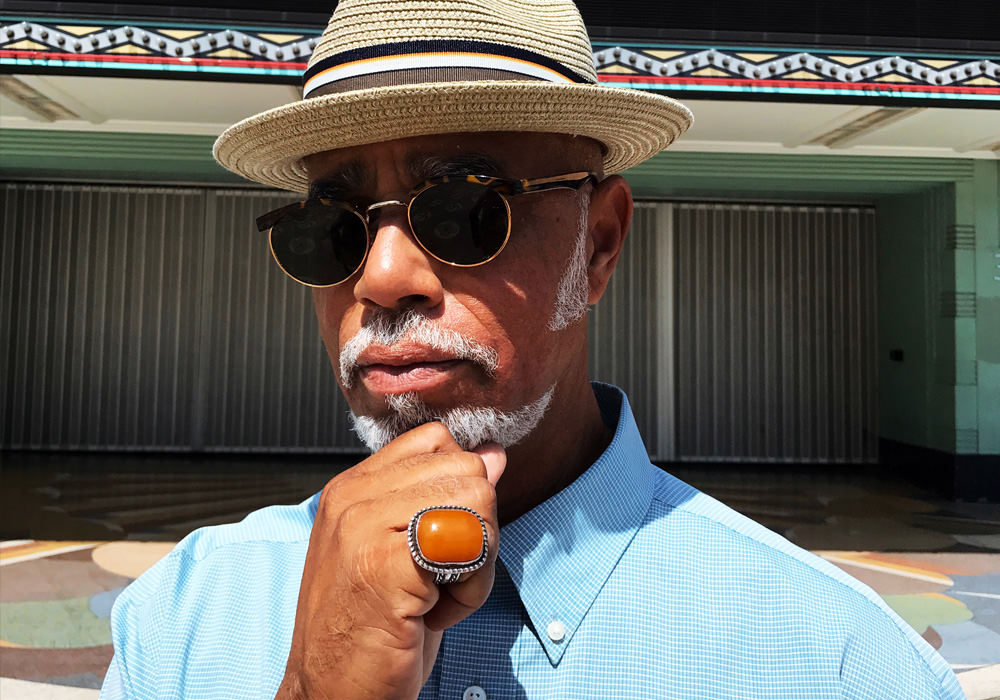Over the past two decades, Jesse Cannon has worked in nearly every aspect of the music business. At 15-years old, he entered a recording studio with the punk band he played drums in; but when the record didn't sound exactly the way he wanted, he decided to buy some recording equipment and take matters into his own hands. At 17, he started recording bands in exchange for food and beer. By the time he was 18, bands from nearby New York City were hiring him to produce 7-inch singles and CDs. Running live sound at local shows attracted the attention of esteemed radio station WFMU, where he went on to record live on-air performances for nine years, working with groups like The Magnetic Fields, The Sea and Cake, Spoon and others.
After a job at NYC punk label Go-Kart Records, as well as working as a concert promoter, he went to work at West West Side Music under mastering engineer Alan Douches (interviewed by Jesse in Tape Op #31). Over the years he got to record groups like Animal Collective, The Misfits, The Menzingers, and Lifetime. Working under producer Steve Evetts he got to make records with Say Anything, Senses Fail, and The Dillinger Escape Plan. He also traveled the world with producer Ross Robinson to work on records with The Cure, Limp Bizkit, and Chase Pagan. In 1999, he opened his own Cannon Found Soundation Recording Studios, a two-room facility that has remained steadily booked for 15 years. This is also the facility where he efficiently churns out productions for a wide variety of bands. Along the way he took on management duties for two groups he was producing, Man Overboard and Transit. Along with myself, he formed the blog, Musformation; filling a void on the Internet regarding how artists can empower themselves and promote their music. The advice from this blog went on to become our new, 700- page book, Get More Fans: The DIY Guide To The New Music Business.
Why write a book on how bands can promote themselves instead of one about recording?
I noticed with a lot of the bands that I'd made great records with, they would get done and have no clue on how to promote their music. Even their managers didn't have a clue. I would write out a plan for bands of what I thought they should do, and eventually it made sense to turn it into a blog. After we started the blog I saw people responding to the music business tips much more than the ones on recording or musicianship. Along the way I started managing Man Overboard and Transit. You were promoting Sensual Harassment. Whenever I'd pick up a book on promotion it would be a lot of legal mumbo jumbo, or a bunch of information that was either obvious or ridiculous. The goal was to create a book on building a fanbase that would help musicians understand their goals, as well as the resources available. Many are imitating the bad habits of established artists instead of learning smart, new ways of doing things. There needed to be a guide for those ideas and resources.
The book gets very deep into how a band should choose a producer.
I have discussed making records with about a thousand bands. Most of them choose to make a record with me for reasons that aren't very well thought out. As a producer, many musicians [come to you via] a record you've done, are local to you, or they got a recommendation from a friend. Then they roll into the studio hoping you can do the same for them. I think there is a much smarter way to make this decision. It's important that you like the tones a producer/engineer gets, as well as the vibe of the performances they go for. (Are they capturing a band in a room, or making it sound super-tight and edited?) But what's important is that the producer fills in your blanks and can come up with a great vision of how to present your songs. Walking into your record, if you know that you're going to need help with vocal performances — say because your singer is a little weak — if you choose a producer who isn't great at coaching vocals, no one is going to want to listen to your record. The same goes for how involved in your songwriting you want a producer to go. I will mess with an arrangement and tell you when something is off, but I don't do co-writes or totally rewrite their songs. I'm the wrong producer if you're looking for that. Bands should figure out what their weaknesses are and try to find a producer who can fill them in. If your band is good at policing your own performances and you just need someone to get you good tones and a mix, why hire a producer who is good with rewriting songs instead of one who is a great engineer? If your drummer overplays and you need help reining him in, you better not work with a producer who has little input on drum beats. You have to find someone who is a good fit for your weaknesses in order to make a record that presents your songs in a compelling way.
What if a band doesn't understand what their weaknesses are?
Find someone who makes great records with whoever they work with. I always try to be like J. Robbins [Tape Op #13] — he makes an amazing version of that band's songs, any band, in any style I hear him work with. Granted, I think I overproduce way too much for me to be like J., but a band should find someone who has consistently made good records. Any producer can find some great bands, follow their lead, and make a pretty damn good record. But some producers really bring the best out of everyone. Do some research on who's made some great records, and whose name comes up in your record collection often, and then seek them out. Don't just settle for the person that's within 25 miles of your home, or one that...


